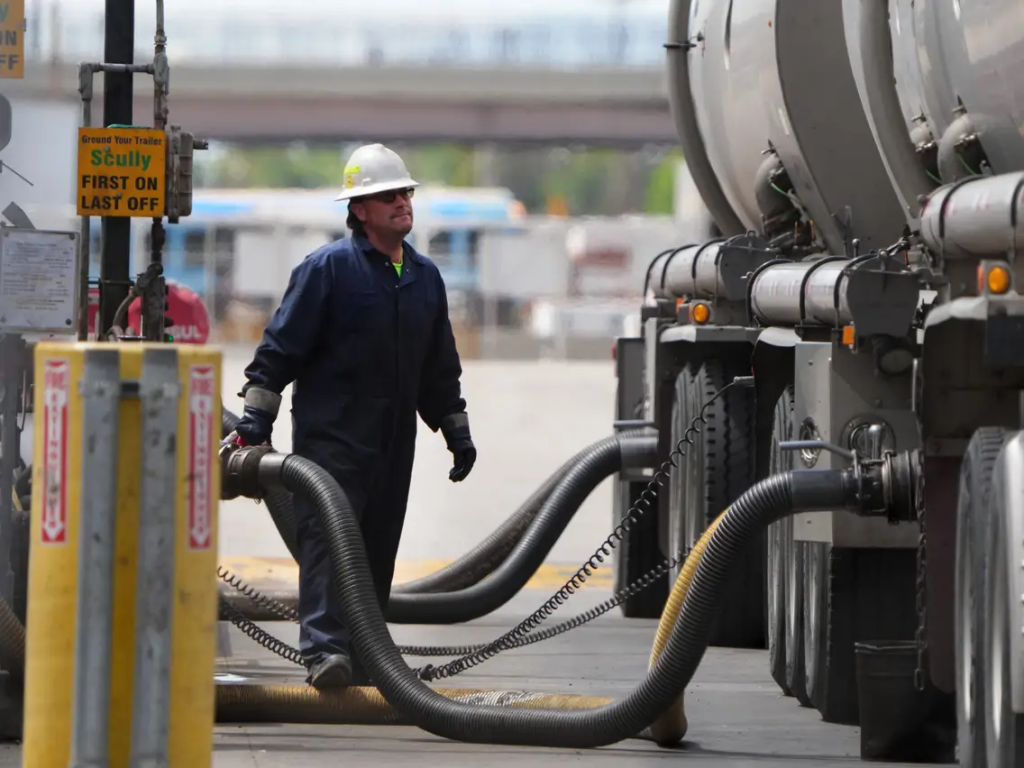On Tuesday, Russia said that it would ban oil shipments to countries that adhere to a price cap set by the West earlier this month, providing a long-awaited response to the most significant step taken thus far to limit Moscow’s ability to raise funding for its war in Ukraine.
The price restriction, which went into force on December 5, requires oil traders to agree not to pay more than $60 per barrel for Russian oil to maintain access to Western finance for critical components of global shipping such as insurance.

Russia is the world’s second-largest oil exporter after Saudi Arabia, and any disruption in its sales would have far-reaching implications for global energy supplies.
An order from President Vladimir Putin, published on a government portal, was characterized as a direct response to “actions that are unfriendly and contradictory to international law by the United States and foreign states and international organizations joining them.”

From February 1 to July 1, 2023, the Kremlin embargo would restrict crude oil sales to countries participating in the price cap. A secondary ban on refined oil products like gasoline and diesel would go into effect on a date determined by the government. Putin would have the right to overturn the restrictions in exceptional cases.
The price cap imposed by the West wanted to damage the Russian state treasury and was unprecedented even during the Cold War between the West and the Soviet Union.

Russia’s budget deficit in 2023 may exceed the predicted 2 percent of GDP, according to Finance Minister Anton Siluanov, since the oil price ceiling lowers Russia’s export income. This presents another financial issue for Moscow as it spends a lot on its military campaign in Ukraine.
Some analysts claim that since the price of Russian oil has already fallen close to the cap, the cap won’t have much of an immediate effect on Moscow’s oil revenues. It might, however, reduce Moscow’s ability to gain from future price changes.


